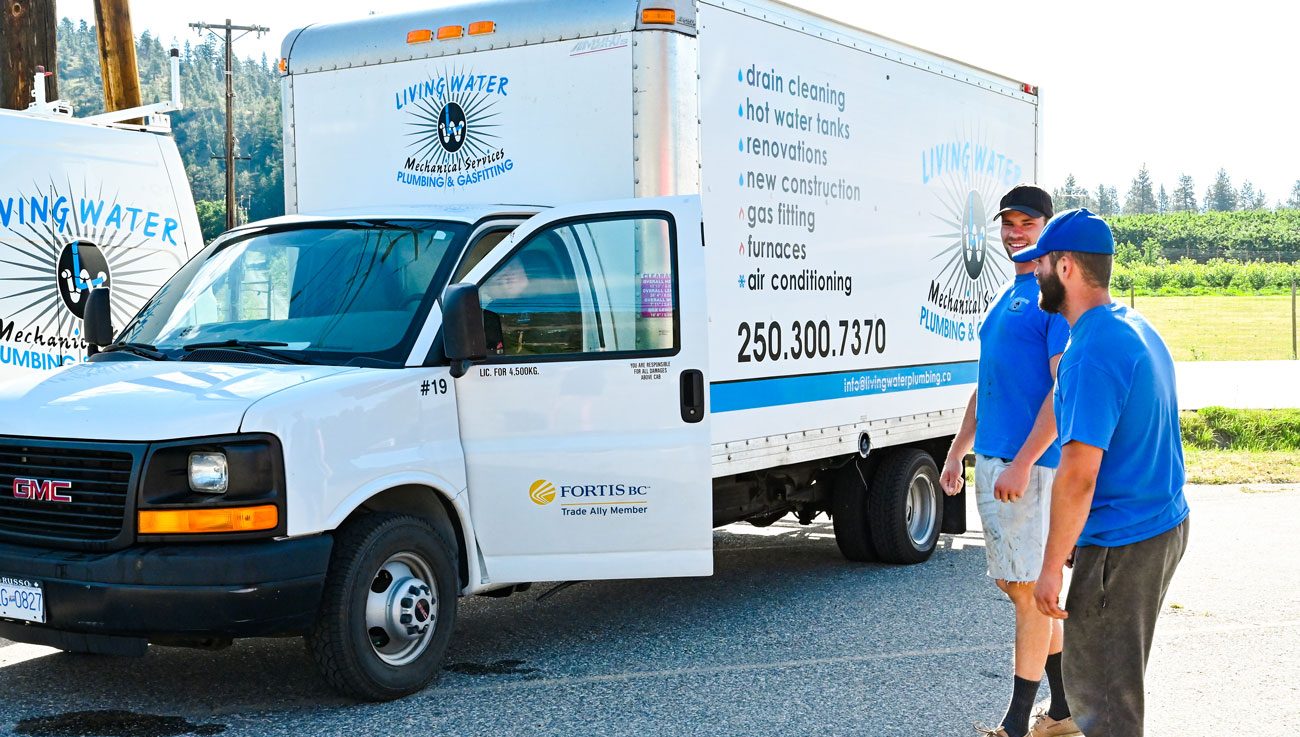6 Signs It’s Time to Replace Your Hot Water Tank

8 Things You Don’t Know About Plumbers
June 1, 2021
10 Most Frequently Asked Plumbing Questions
August 1, 20216 Signs It's Time to Replace Your Hot Water Tank
It might be time to replace your hot water tank if you are experiencing certain issues.
Many homeowners make the mistake of waiting too long to look into hot water heater replacement and end up with hefty repair bills. This is because they don't know which signs to watch out for.
We've put together a list of the top 6 signs that it's time to replace your hot water tank. Continue reading to find out what signs to watch out for.
1. The Tank Is Old
Water heaters decline in efficiency as they get older and do not last forever.
The lifespan for most hot water tanks is 10 to 15 years if it is well cared for. It might be worth considering a hot water tank replacement if your tank is within this age range, even if it's not yet having any performance issues.
A new unit could save you money on your utility bill or save you from costly repairs later on.
2. Rusty Water or Rusty Valve
You may be on your way to a broken hot water tank if you see rust-colored water. However, it can be difficult to narrow down where exactly the problem lies.
In some cases, this could be an issue with your pipelines, in other cases, it could be from the tank itself.
To find out where the rust is coming from, you can drain several buckets of water from your tank. If the third or fourth bucket is still rusty, the issue is likely related to the tank and not the pipes. We recommend calling in help for repairs or replacement.
3. Noise from the Tank
Sediment buildup and age can affect the way your hot water tank runs. If your tank starts to make rumbling sounds that gradually worsen over time, it might be time to call in someone who specializes in hot water tank repair to flush the tank.

4. The Heater Is Leaking
It may be time for a hot water tank replacement if you see pooling at the base of the tank. This occurs for a number of reasons such as age, expansion in the metal due to ongoing use, or an issue with the fittings.
The first two reasons require replacement, the last reason will require a hot water tank repair company to come in and check your fittings.
5. The Water Is Heating Slowly
There might be an issue with the thermostat or heating element in your hot water tank if it's taking longer to heat. Another reason for this is sediment buildup inside the tank itself.
We recommend trying to replace these parts first, but it may be time to replace the tank.
6. The Water Is Not Heating
If the water is not heating at all, you should take the same steps as if it were heating slowly. Try replacing the thermostat or heating element.
It's also worth considering if your tank is too small. This might happen suddenly if you have more people staying in your home or are using more hot water than normal.
Troubleshoot Your Hot Water Tank
If you are having issues with your hot water tank, the above guide should help you with initial troubleshooting. Try some of the easier solutions like replacing some minor parts, but don't be afraid to call for help if you need it.


